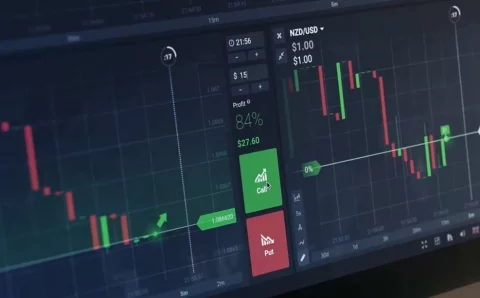[ad_1]
Low cost airline SpiceJet and rating agency CRISIL have sparred over rating given to the company’s bank loan facilities. The airline said that they had already terminated the contract with CRISIL and had tied up with Acuite Ratings. Hence, it was not obliged to share details after the rating agency said that SpiceJet was non-cooperative in providing details for rating exercise.
The impasse highlights the difficulty rating agencies face to maintain hygiene as an increasing number of companies refuse to share the exact picture of their financials as stress created by Covid-19 reflects on their credit quality.
CRISIL yesterday said that SpiceJet has not provided information needed to conduct the rating exercise, while reaffirming a downgrade rating it gave on 9 October on the company’s credit facilities.
“Despite repeated attempts to engage with the management, CRISIL Ratings failed to receive the required information which is essential for it to take a forward-looking view on the credit quality of the entity. The investors, lenders and all other market participants should exercise due caution with reference to the rating assigned/reviewed with the suffix ‘ISSUER NOT COOPERATING’ as the rating is arrived at without any management interaction,” the agency said in its rationale
However, the company which is running on thin cash with operations severely impacted by the pandemic said that in July 2020, the company had terminated the contract with CRISIL and had already obtained revised credit ratings from a new rating firm Acute Ratings and Research Limited for its financial instruments in August.
“On July 13, 2020, the company informed CRISIL about its intention to work with an alternate rating agency to grade our investments, debt instruments and financing facility going forward. Accordingly, the company is not obliged to provide any further update about the company, as such to the previous rating agency,” SpiceJet said.
SpiceJet terminated the contract with CRISIL after the rating firm had downgraded the company’s bank loan facilities on July 7 citing deterioration in liquidity profile.
On 8 August, the new rating agency Acute Ratings and Research Limited upgraded the company’s Long Term Instruments to BB- with “Stable” outlook and Short Term Instruments to A4+.
“The rating takes into account SpiceJet’s market position as the second largest domestic airliner in India and its systemic importance in the low cost air travel space, the gradual revenue diversity through the cargo business and the experience of the management with a track record of past turnaround in the airline’s operations,” Acuite said.
SpiceJet’s finances have been heavily stretched with the company virtually having no cash balance. The auditors red-flagged the company’s finances as current liabilities exceed its current assets by a staggering Rs 5,185.8 crore and accumulated losses have piled up to Rs 4,190.6 crore.
The collapse of IL&FS in 2018, followed by a spate of defaults at firms such as DHFL, Essel and Yes Bank have put the spotlight on the roles and functions of credit rating agencies in the country. Since then, Sebi tightened the regulatory regime to make the process more transparent, fair and accurate.
Under revised rules rating agencies must now also disclose if a borrower has a history of non-cooperation or non-acceptance of a rating with another rating agency in the past. This was to crack down on instances of rating-shopping, where a borrower who is unhappy with the rating assigned by one agency approaches another for a higher rating.
Executives of rating firms said that this is a classic case of the problem rating agencies face when they downgrade a company. “Many companies abandon relationships with agencies giving them lower ratings, some go to the one charging the lowest fee. But ultimately the lender can check the company’s hygiene looking at such errant history,” a senior executive of a rating firm said.
According to data from market regulator Sebi, out of the 56,413 companies rated as of August 2020, 26,537 or 47 per cent, are assigned an ‘issuer not cooperating’ (INC) rating as companies, especially the smaller ones, are reluctant to share data, want a better rating or do not cooperate.
 Dear Reader,
Dear Reader,
Business Standard has always strived hard to provide up-to-date information and commentary on developments that are of interest to you and have wider political and economic implications for the country and the world. Your encouragement and constant feedback on how to improve our offering have only made our resolve and commitment to these ideals stronger. Even during these difficult times arising out of Covid-19, we continue to remain committed to keeping you informed and updated with credible news, authoritative views and incisive commentary on topical issues of relevance.
We, however, have a request.
As we battle the economic impact of the pandemic, we need your support even more, so that we can continue to offer you more quality content. Our subscription model has seen an encouraging response from many of you, who have subscribed to our online content. More subscription to our online content can only help us achieve the goals of offering you even better and more relevant content. We believe in free, fair and credible journalism. Your support through more subscriptions can help us practise the journalism to which we are committed.
Support quality journalism and subscribe to Business Standard.
Digital Editor
[ad_2]
Source link





